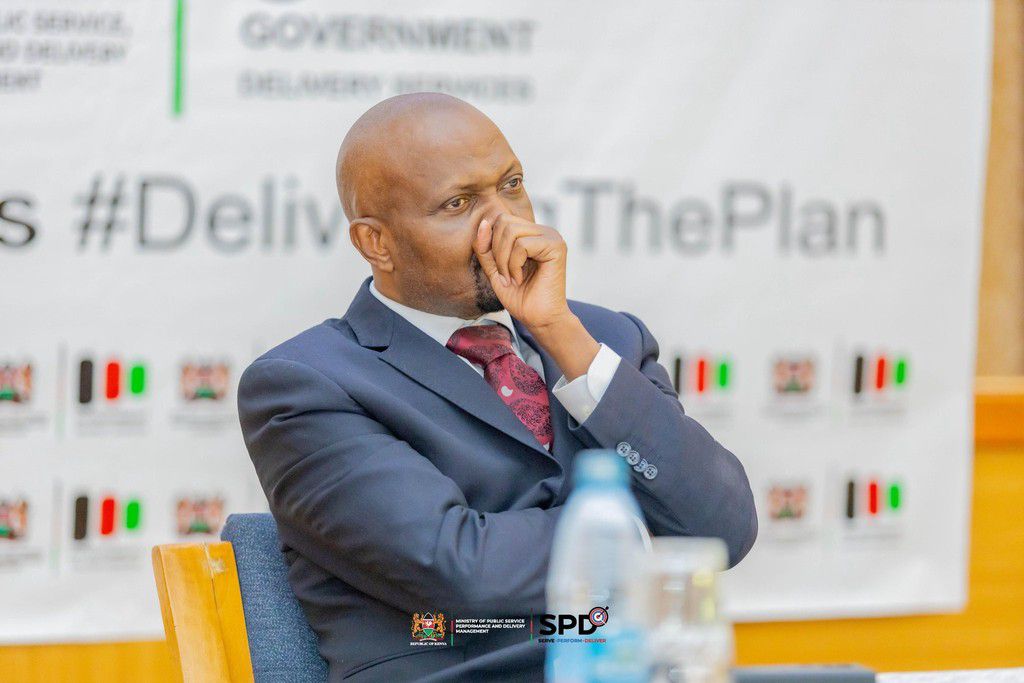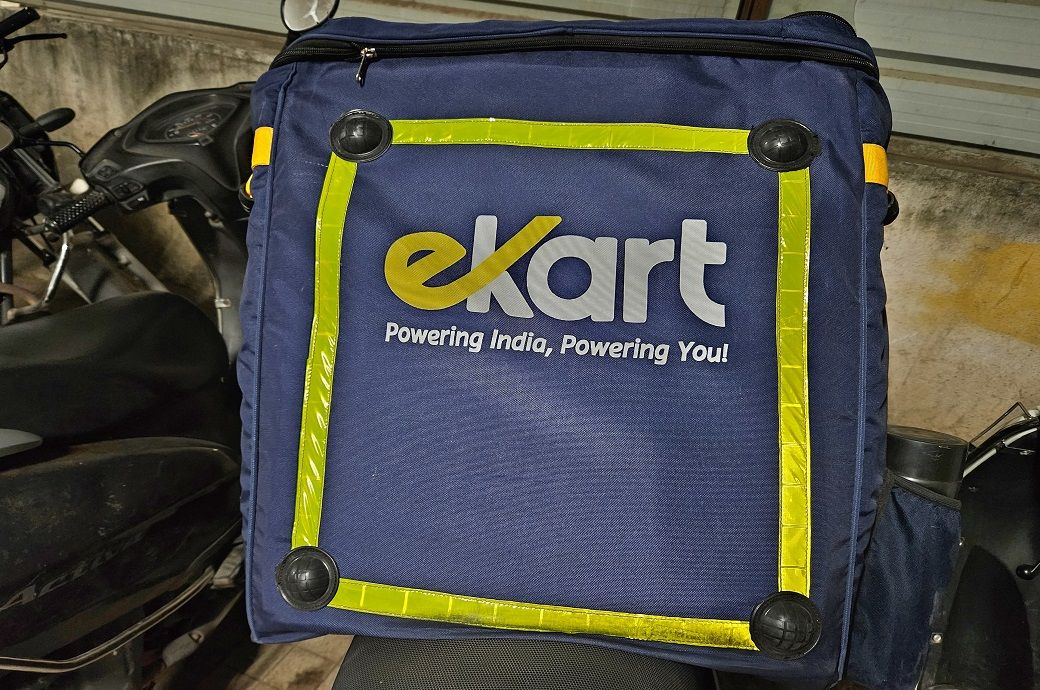Modernising Iraq's Financial Infrastructure: The Rise Of Digital Payments
(MENAFN- Iraq Business News) By Samer Khraishi, Regional Director for Account Management and Business Development, GCC, Iraq and Jordan at BPC. Any opinions expressed are those of the author(s), and do not necessarily reflect the views of Iraq Business News .
Iraq's financial infrastructure has long been in need of significant transformation. With less than 20% of the population owning a bank account, Iraq has one of the lowest financial inclusion rates in the Middle East, paling in comparison to 54% in Saudi Arabia and 69% in the UAE.
In an effort to close this gap, the Iraqi government and financial sector have focused on the adoption of digital payments, with over two trillion Iraqi dinars worth of e-payment transactions recorded in August 2024 alone. The growing shift towards digital-first payment solutions, enabled by partnerships with global fintech partners, is beginning to bridge the shortfall in financial inclusion and power economic growth across Iraq.
Retiring Iraq's Legacy Infrastructure
Iraq's financial sector has faced challenges in expanding its customer base and has experienced limited banking penetration, leaving a large portion of the population unbanked and dependent on informal financial systems. This low access to formal banking services has left many Iraqis unable to take advantage of modern financial products and services, reducing savings rates and fostering financial instability among individuals and businesses.
Further compounding this issue is widespread reliance on outdated regulatory frameworks, disincentivising the adoption of modern financial technology including cloud-based solutions. In addition, Iraq's financial institutions are hampered by legacy systems often unable to support modern solutions, increasing the complexity of implementing faster, more secure digital payment platforms. Replacing legacy infrastructure will allow financial institutions to enhance transaction speed, strengthen fraud prevention efforts, and expand their services in line with international payment standards.
Laying the Foundations for Digital Transformation
Over the past few years, the Iraqi government has taken crucial steps to address these challenges and modernise the financial system of one of the fastest growing economies in the Middle East. The Ministry of Planning, in collaboration with the Central Bank of Iraq (CBI), recently introduced mandates requiring financial institutions to upgrade their digital and technical systems. These upgrades are intended to align Iraq's banking sector with international standards, especially in the key areas of fraud prevention, anti-money laundering (AML), and cybersecurity.
In line with these modernisation efforts, the CBI is promoting digital financial services, particularly among younger age groups with higher smartphone adoption. This shift is expected to foster a generation more reliant on card payments and digital transactions, moving away from Iraq's dependency on cash. The CBI is also accelerating digital transformation by granting a higher number of licences to Payment Service Providers (PSPs) and introducing digital banking licences. These initiatives align with the CBI's goal of building a digital-first economy, paving the way for faster and more secure infrastructure in Iraq's financial industry.
As part of these ongoing efforts, Iraqi banks are adopting advanced cybersecurity defences to combat rising cyber threats as the country embraces digital transformation. Key measures include encryption, multi-factor authentication, AI-driven threat detection, and real-time monitoring. Banks are also enhancing access control with biometric authentication, securing online transactions with encryption and tokenisation, and implementing Security Incident and Event Management (SIEM) systems. Protecting both institutions and their users from these threats is key to building trust in Iraq's digital financial infrastructure.
Complementing these financial sector advancements, Iraq's e-government initiatives are digitalising public services, such as the Ministry of Interior's adoption of digital systems for processing visas and passports. Through collaboration between the Ministry of Interior and PSP partner Tabadul, Electronic Payment Gateways are being implemented, streamlining payments for e-visas and passports, and furthering the country's digital transformation.
The Key Role of Fintech in Iraq's Digital Transformation
Technology vendors are playing an essential role in Iraq's digital transformation journey. Companies like BPC, with global expertise and modern future-proven solutions, can help both startups and established financial institutions implement secure, scalable platforms that meet local regulatory requirements.
In addition, banks and payment providers in Iraq are increasingly collaborating with global fintech partners to enhance their fraud prevention capabilities. By integrating fintech solutions into their systems, they can offer more secure and reliable services to their customers, monitoring and preventing threads from both local and international bad actors.
For instance, Qi Card has enhanced its digital payment capabilities, allowing users to access government salaries and conduct transactions with biometric authentication. Similarly, Cihan Bank is pioneering mobile banking applications by providing customers with convenient access to their accounts.
Public sector support has been strong with the Kurdistan Regional Government's MyAccount initiative so far registering over 600,000 civil servants with their own bank accounts. The initiative aims to ensure one million civil servants have their own bank accounts with around 1,000 ATMs available across the region.
Additionally, BPC provides a platform that enables banks to issue digital payment cards, facilitate QR code payments, and enhance mobile banking solutions. These technologies are especially valuable in regions where access to traditional banking services is limited, helping to promote financial inclusion across the country.
The Road Ahead for Iraq's Financial Infrastructure
The introduction of mobile banking solutions, as demonstrated by fintechs including Zain Cash , has helped to bring financial services to underserved populations in Iraq. Zain Cash alone has onboarded over 1.2 million users, allowing them to make payments, send remittances, and conduct financial transactions without needing a traditional bank account. This growth in mobile wallets will to be a key driver in expanding access to financial services, particularly in rural areas where traditional banking infrastructure is limited, boating financial inclusion the country.
Furthermore, modernising Iraq's financial systems could significantly boost economic growth. Digital payments can formalise Iraq's economy and bring small and medium-sized enterprises (SMEs) into the banking system, whilst also enabling access to key financial tools. With SMEs making up 88% of businesses in Iraq, providing them with access to digital finance promises spur economic development and transform the Iraqi economy.









